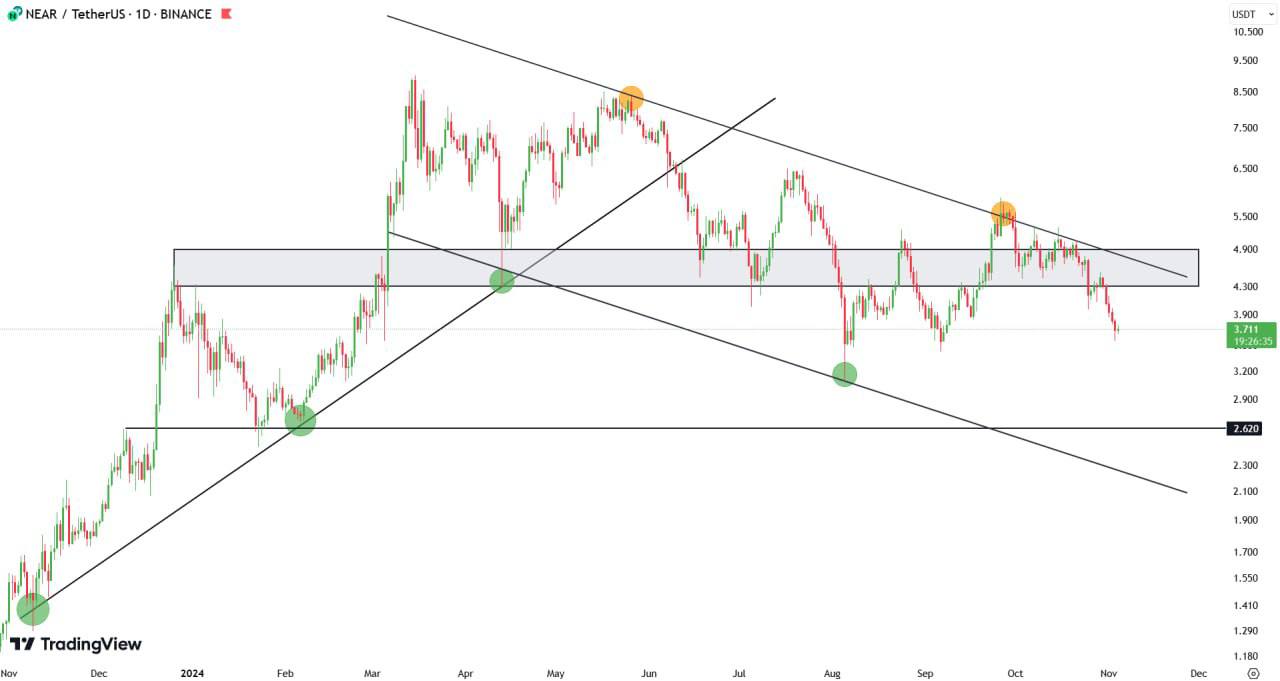Table of Contents
- Understanding Crypto Taxes
- Key Taxable Events
- How Cryptocurrency Taxes Work
- Detailed Taxable Events
- Cryptocurrency Tax Reporting
- Tips for Managing Cryptocurrency Taxes
- 17 Best Crypto Tax-Free Countries
- Worst Countries for Crypto Tax
Understanding Crypto Taxes
Cryptocurrencies have become a significant part of modern finance, but they are subject to taxes just like traditional assets. The Internal Revenue Service (IRS) views cryptocurrencies as property, so any gains or income from cryptocurrency transactions are taxable. Here’s a breakdown of what you need to know about cryptocurrency taxes.
Key Taxable Events
Selling or Exchanging Cryptocurrency: When you sell your cryptocurrency for fiat currency or trade it for another asset, any profit may be subject to capital gains tax.
Using Cryptocurrency for Purchases: Spending cryptocurrency can lead to capital gains tax if its value has increased since you obtained it.
Receiving Cryptocurrency as Payment: If you receive cryptocurrency as payment for services or goods, it’s generally reported as business income.
Mining or Staking Cryptocurrency: Rewards from mining or staking are treated as taxable income.
How Cryptocurrency Taxes Work
Capital Gains Tax: Selling cryptocurrency at a profit triggers capital gains tax. Short-term gains (assets held for less than a year) are taxed at your regular income rate, while long-term gains (assets held for over a year) benefit from lower rates.
Business Income: If you earn cryptocurrency through business activities, it’s reported as business income, and related expenses may be deductible.
Mining and Staking: Rewards from mining or staking are taxed as ordinary income.
Detailed Taxable Events
| Taxable Event | Explanation |
| Selling or Exchanging Cryptocurrency | Profits from selling or trading crypto are subject to capital gains tax. |
| Using Cryptocurrency for Purchases | Spending crypto can trigger a taxable event if its value has increased since acquisition. |
| Receiving Cryptocurrency as Payment | Cryptocurrency received as payment is typically reported as business income. |
| Mining or Staking Cryptocurrency | Rewards from mining or staking are taxed as ordinary income. |
| Hard Forks | New cryptocurrency received due to a hard fork is generally considered taxable income. |
| Airdrops | Cryptocurrency obtained through airdrops may be taxable depending on the situation. |
Cryptocurrency Tax Reporting
Recordkeeping: Keeping detailed records of your cryptocurrency transactions, including purchase and sale prices and dates, is essential.
Form 8949: Cryptocurrency gains or losses are usually reported on IRS Form 8949.
Cryptocurrency Exchanges: Many exchanges offer tools to help track transactions and generate tax reports.
Tips for Managing Cryptocurrency Taxes
- Consult a Tax Professional: If you’re unsure about your cryptocurrency taxes, consult a tax professional with expertise in this field.
- Stay Organized: Keep detailed records of your transactions to simplify tax reporting.
- Utilise Tax Software: Tax software can help track and report cryptocurrency transactions.
- Consider Tax-Loss Harvesting: Offset gains with cryptocurrency losses to potentially reduce your tax liability.
17 Best Crypto Tax-Free Countries
Some countries offer favourable tax conditions for cryptocurrency investments. Here’s a list of nations where crypto is tax-free or offers significant tax benefits:
- Belarus: Until January 1, 2025, Belarus exempts cryptocurrencies from capital gains, income tax, and VAT.
- Bermuda: Bermuda has no capital gains or income tax. High living costs and land taxes may apply.
- British Virgin Islands: The British Virgin Islands have a neutral tax policy for crypto, with no specific taxes.
- Cayman Islands: Known for being a tax haven, the Cayman Islands have no income or capital gains tax.
- El Salvador: As a pioneer in Bitcoin adoption, El Salvador exempts all taxes on crypto earnings and capital gains.
- Georgia: Individuals are exempt from income tax on crypto profits, though corporations pay a 15% tax on crypto profits.
- Germany: Long-term crypto holdings (over 12 months) are exempt from income and capital gains tax. Short-term investments under €600 are also tax-free.
- Hong Kong: No capital gains tax for individual investors; professional traders and corporations may face income tax.
- Malaysia: No capital gains tax for individuals, though professional traders may be taxed on income.
- Malta: No long-term capital gains tax; income tax may apply depending on factors like residency.
- Portugal: Recent changes now tax crypto income under the Personal Income Tax Code.
- Puerto Rico: No capital gains tax for residents, with a 4% income tax for businesses.
- Singapore: No capital gains tax; income tax applies to professional traders and those receiving crypto as payment.
- Slovenia: No tax on capital gains unless trading is considered a professional business.
- South Korea: Proposed delay of crypto tax until 2028; previously scheduled for 20% tax in 2022.
- Switzerland: Individual investors enjoy tax-free crypto income and capital gains, though professional traders may face minor wealth taxes.
- United Arab Emirates: No income or capital gains tax; high living costs and a 5% VAT on goods and services apply.
Worst Countries for Crypto Tax
Certain countries impose heavy taxes on cryptocurrency:
- Denmark: High income tax, including on crypto earnings, with limited capital loss offsets.
- Netherlands: Wealth tax applied to all assets, including crypto, based on deemed yield.
- India: 30% flat tax on crypto gains and a 1% TDS on transactions.
- Spain: Up to 47% tax on crypto income and wealth tax on assets over €700,000













































































